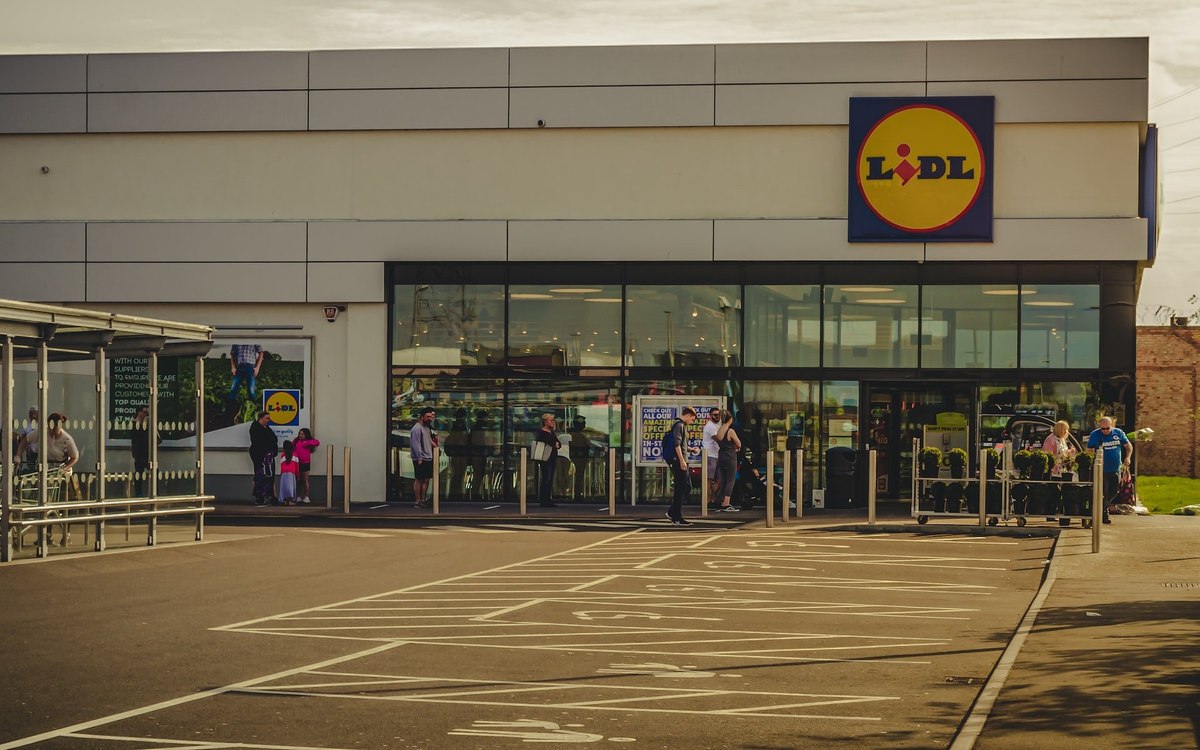
Lidl makes sustainable tea bags – but are its customers sustainably-minded?
Lidl recently announced that it would be making its own-brand tea bags fully compostable, in a move to “improve [its] impact on the planet – one cup at a time.”
But how much appetite is there for “green” products among the customers of a discount brand? Both Lidl customers (59%) and customers of the big four supermarkets (57%) – ASDA, Morrison’s, Sainsbury’s and Tesco – agree that “it costs too much to be green all the time” and that “products that are better for the environment are usually more expensive (79%). But a closer look at the data reveals that Lidl customers are just as sustainably-minded as customers of these bigger retailers – and in some respects a little more so.
If you ask customers of the budget supermarket whether they prefer brands that are sustainable or not 60% say they do, compared to 55% of the public. This group are also more likely to say they consider themselves environmentalists (34% vs. 30%), and – in a statement that perhaps unifies saving and sustainability concerns – that they prefer to buy things second-hand rather than new (34% vs. 26%).
Lidl customers are also more likely to say they make an effort to buy fair trade products (36% vs. 31%), and that they only purchase clothes from sustainable brands (20% vs. 17%). More of them also agree that it’s important for loyalty programmes and promotions to help people live more sustainably and support the environment than customers of the big four brands (75% vs. 70%).
Some 22% of Lidl customers compared to 17% of “big four” customers also say they only buy products from companies that have ethics and values they agree with (17%).
Make smarter business decisions with better intelligence. Understand exactly what your audience is thinking by leveraging our panel of 20 million+ members. Speak with us today.
Methodology
YouGov Profiles is based on continuously collected data and rolling surveys, rather than from a single limited questionnaire. Profiles data for MARKET is nationally representative of the online population and weighted by age, gender, education, region, and race. Learn more about Profiles.